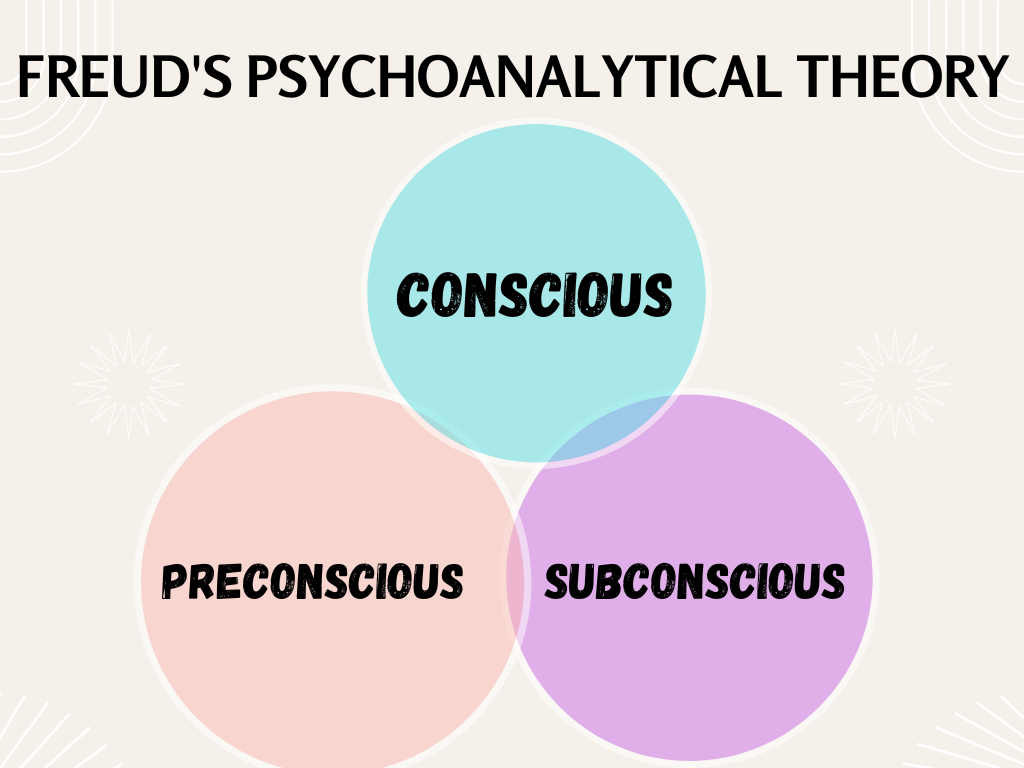Sigmund Freud was born on May 6, 1856, in Freiberg, Moravia, now part of the Czech Republic. He later moved to Vienna, where he spent most of his life. Freud initially pursued a career in medicine, specializing in neurology. He graduated from the University of Vienna in 1881 and began his medical practice shortly thereafter. Freud's interest in the human mind and its complexities led him to develop groundbreaking theories that would revolutionize psychology and psychiatry.
- Blogs
- Psychology
- Sigmund-freud-pioneer-of-psychoanalytic-theory-665eb778bdccdd0001d2fddf
Sigmund Freud: Pioneer of Psychoanalytic Theory
Psychology • 4 Jun, 2024 • 99,409 Views • ⭐ 1.0
Written by Shivani Chourasia

Key Influences in His Life and Major Accomplishments

Freud's work was influenced by several key figures and concepts. One significant influence was Jean-Martin Charcot, a neurologist who used hypnosis to treat hysteria. Freud's time studying with Charcot in Paris had a profound impact on his thinking. Additionally, his collaboration with Josef Breuer, particularly in the case of Anna O., was instrumental in the development of his theories on the unconscious mind and psychoanalysis.
Freud's major accomplishments include the development of psychoanalytic theory, the introduction of therapeutic techniques such as free association and dream analysis, and the publication of numerous influential works. His book "The Interpretation of Dreams," published in 1899, is considered one of his most important contributions, laying the groundwork for his theories on the unconscious mind.
Psychoanalytic Theory

Sigmund Freud's psychoanalytic theory posits that human behaviour is largely influenced by unconscious processes. According to Freud, the mind is divided into three parts: the conscious, the preconscious, and the unconscious. The conscious mind contains thoughts and feelings that we are aware of, the preconscious holds information that can be easily brought to consciousness, and the unconscious mind harbours desires, memories, and experiences that are inaccessible to conscious thought but influence behaviour.
Central to Freud's theory are the concepts of the id, ego, and superego. The id represents the primal, instinctual drives present from birth, seeking immediate gratification. The ego develops to mediate between the desires of the id and the constraints of reality, operating on the reality principle. The superego, formed through internalizing societal and parental standards, strives for moral perfection.
Freud's psychoanalytic theory had a profound impact on psychology, introducing a new approach to understanding the human mind and behaviour. It emphasized the importance of early childhood experiences, unconscious motivations, and the use of therapeutic techniques to uncover hidden aspects of the psyche. Psychoanalysis also laid the foundation for various other psychological theories and therapeutic practices.
Theory of Personality

Freud's theory of personality is based on the interactions among the id, ego, and superego. He believed that personality develops through a series of stages, each characterized by different demands and potential conflicts. The resolution of these conflicts influences an individual's overall psychological development and personality.